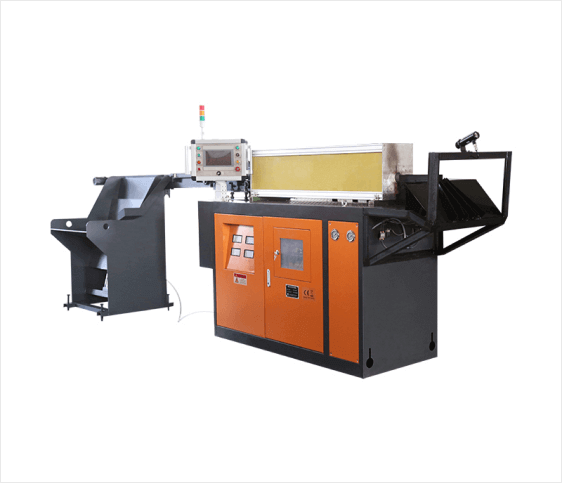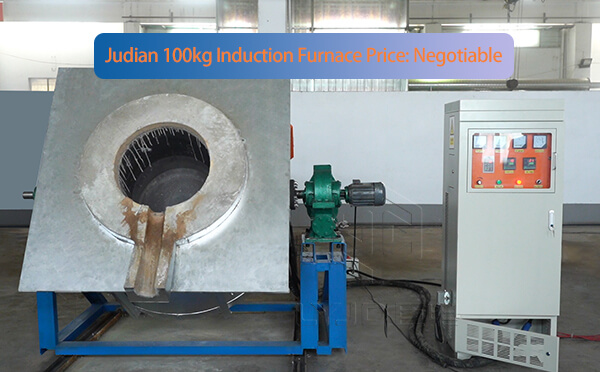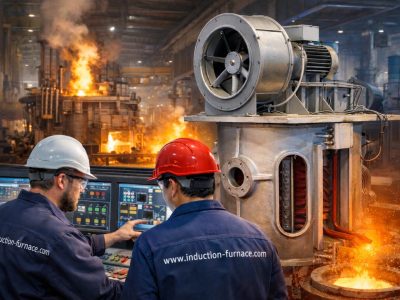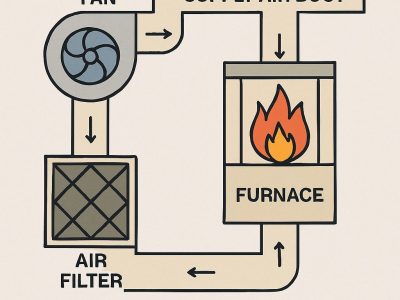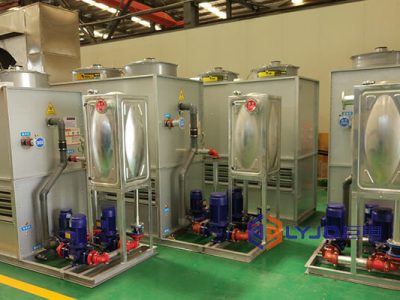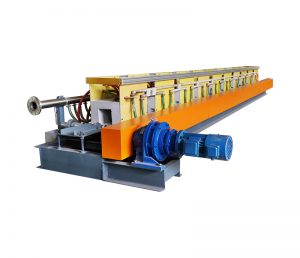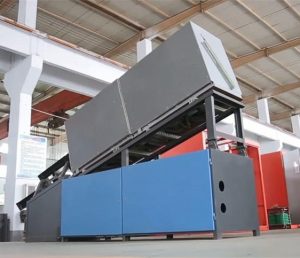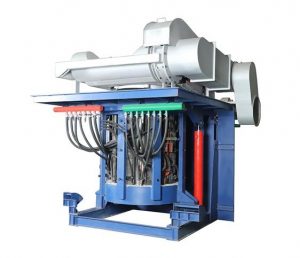In the foundry industry, medium-frequency induction melting furnaces are essential for turning a wide range of metals into molten form. Yet, buyers are often puzzled by the huge price gap between different 100kg induction furnaces. The truth is, this difference comes down to the quality of materials, manufacturing precision, and component selection.
At Luoyang Judian, we’ve seen how each part of the furnace directly impacts performance, durability, and overall cost. Let’s break down the main factors influencing price.
1. Furnace Shell and Yoke
For aluminum shell furnaces, a standard 100kg model should weigh about 450kg with a shell thickness of 40mm. Lighter or thinner shells cut costs but reduce durability.
For steel shell furnaces, the yoke is critical. High-performance models use brand-new high-permeability cold-rolled silicon steel sheets (0.3mm thick) in a profiling structure that closely matches the induction coil. This minimizes magnetic flux leakage and improves energy efficiency.
2. Copper Induction Coil
The induction coil is the heart of the furnace. Premium models use T2 cold-extruded copper tubes with rectangular cross-sections, electrostatically sprayed for Class H insulation. Additional layers of mica tape and non-alkali glass ribbon, plus moisture-proof enamel coating, protect against breakdowns and extend lifespan.
3. Silicon-Controlled Rectifiers (SCR)
High-quality SCRs from reputable brands respond faster to temperature changes and have lower failure rates. These directly improve the furnace’s operational stability.
4. Power Supply Cabinet
Reliable units feature standardized, spray-painted cabinet shells with correct dimensions and integrated low-voltage switches—so buyers don’t need to purchase separate voltage switch cabinets. In contrast, low-cost models may undersize the cabinet or place critical components externally, increasing risks.
5. Capacitors and Reactor
A proper capacitor cabinet should provide reactive power compensation at 18–20 times the furnace’s power. Reactors must be built from new silicon steel sheets, not recycled materials, to ensure consistent performance.
6. Water Pipe Connections
For safety and efficiency, stainless steel clamps or copper slip knots should be used for water-cooled connections. This ensures a secure seal, prevents leaks, and maintains strong current conductivity.
Conclusion
The price of a 100kg induction furnace is not just about capacity—it’s about component quality, precision engineering, and long-term performance. At Luoyang Judian, we manufacture induction melting furnaces that meet global standards, delivering reliable performance for foundries worldwide. Choosing the right supplier ensures lower maintenance, higher melting efficiency, and a stronger return on investment.
